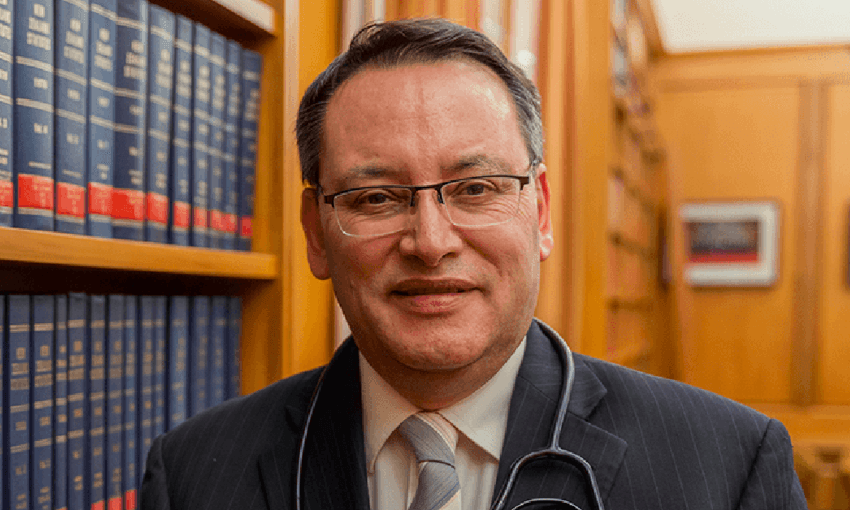Vaccines work and they’re critically important, and when my turn comes, I’ll get mine with enthusiasm, writes Dr Shane Reti, deputy leader of the National Party.
Looking across the House of Parliament, I suspect, in my many years as a GP, that I have given more vaccines than any other current members.
Put simply, I believe that vaccination against infectious disease works.
I also believe the coronavirus vaccine we are being offered in New Zealand is effective and safe, and I have recommended the vaccine in many articles that I have published.
In a media interview earlier this year I was asked if I would vaccinate the prime minister to support the vaccine rollout and I replied: yes, I could, but whether that would happen would be totally up to the prime minister.
This week I was asked in another interview whether I would have the vaccine early as an MP, to which I said: I would not be actively jumping the queue – a position the prime minister has also taken – and would have the vaccine whenever the government decided it was my time.
Later that same day, exactly that happened. I received a letter from the Covid-19 response minister, Chris Hipkins, requesting me to join a few other MPs in having the vaccine publicly, on the priority basis of generating confidence in the community. I accepted the merit in this and will be pleased to lend my support to this important initiative.
I have a track record of supporting vaccination. In 2019, Northland was in the middle of a meningitis outbreak and vaccines were offered to all children except those between five and 12 years old, one of the reasons purportedly being a lack of vaccine. This turned out to be false with Pharmac having kept secret from the Ministry of Health and others an offer of 20,000 meningitis vaccines. This only came to light when Pfizer wrote to me and told me of their offer.
Prompted by Shona Whitehead and the Hikurangi community, and with support of Whangārei Rotary, local iwi, Māori Health providers and Northland DHB, Shona and I led an initiative to vaccinate all of the children at the low decile, high Māori incidence Hikurangi Primary School 20 minutes north of Whangārei.
I personally vaccinated children that day and would submit that, as a consequence, they were one of the most protected schools in Northland having already had a fellow student die from meningitis.
I continue to look at how we can get good coverage rates for the coronavirus vaccine. Work by Auckland colleagues suggests that 10% to 15% of people who aren’t confident about the safety of the vaccine may not be persuadable but another 10% to 15% of hesitant people may be.
What will persuade people, particularly Māori, is trusted information coming from health people such as GPs and nurses. In a lot of cases, what people simply want is time to discuss the vaccine.
But I am concerned about this, which is why in the past month I have asked the minister of health for more information on vaccine hesitancy, to figure out where we may need to target resources. I present that information in the table below.
I remain very engaged, looking to understand how we can get the best possible coronavirus vaccine response. A few weeks ago I wrote to the minister of health asking the government to support and fund Māori health providers to do what they do best and reach the hard-to-reach, especially in remote and rural regions.
I believe that with this one-in-one-hundred-year epidemic comes the one-in-one-hundred-year chance for Māori health providers to shine, and we need to support them to be at their best.
On vaccination, then, I think I have stated my case.
Table: the number of children turning two years of age between October 1 and December 31 last year, whose parents declined at least one vaccination

